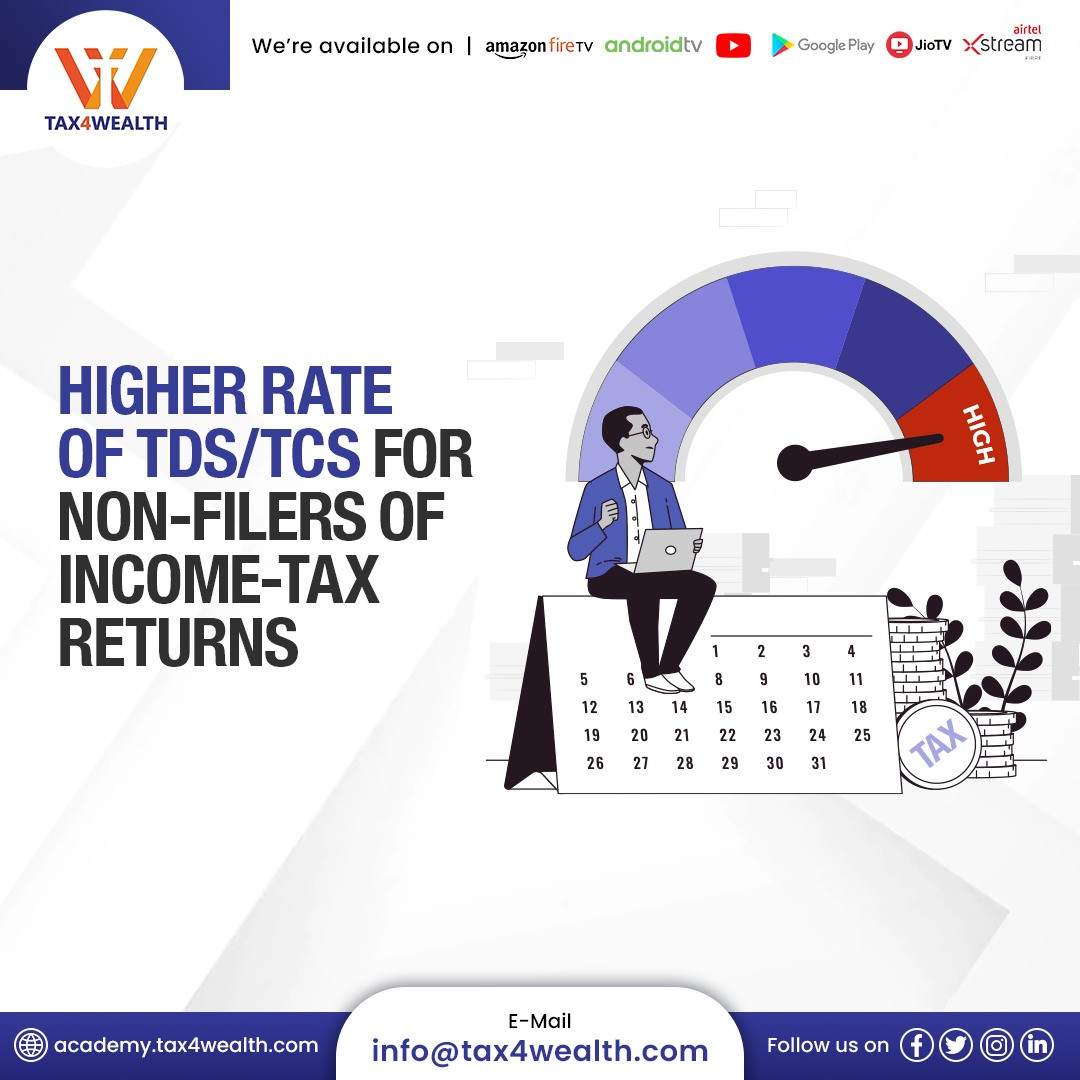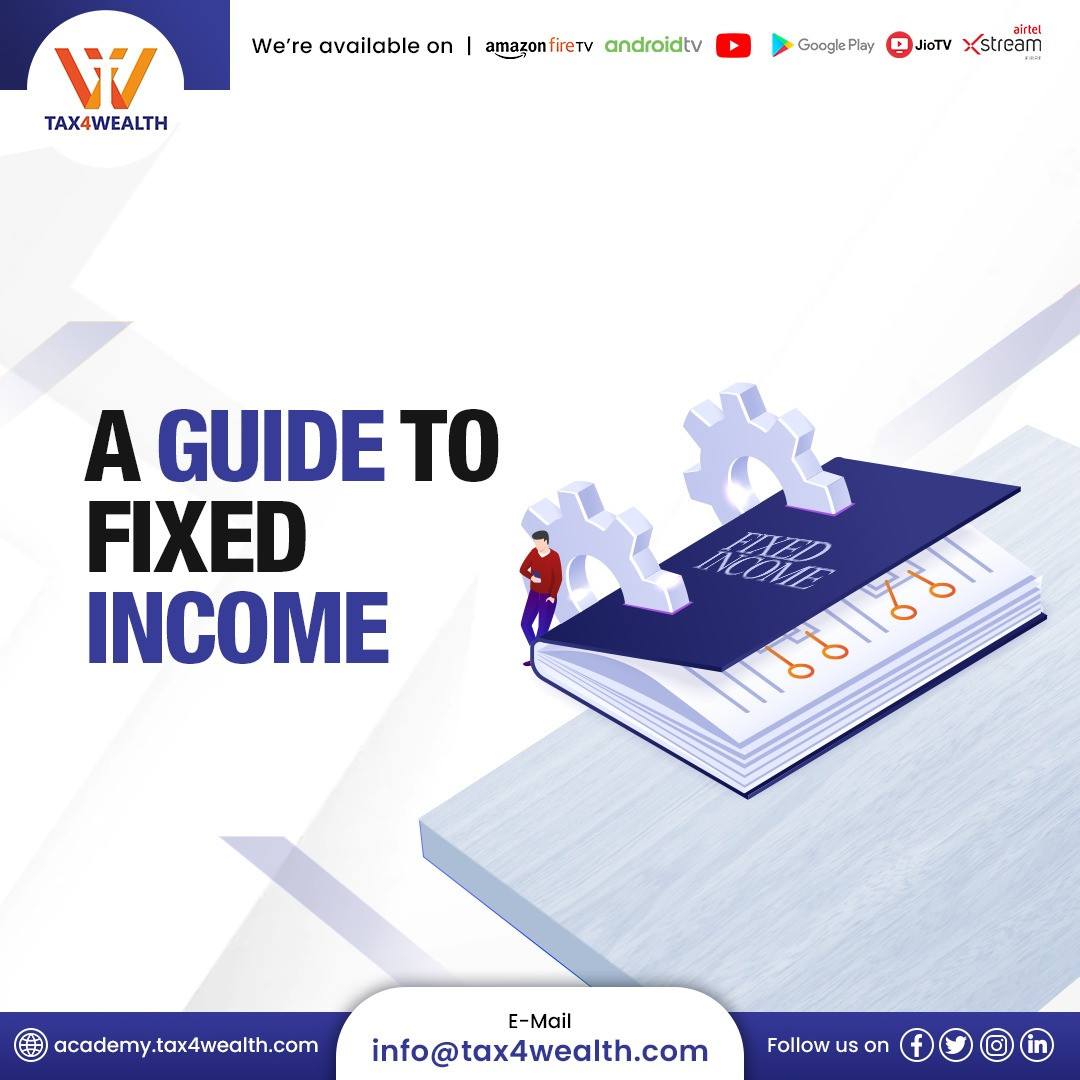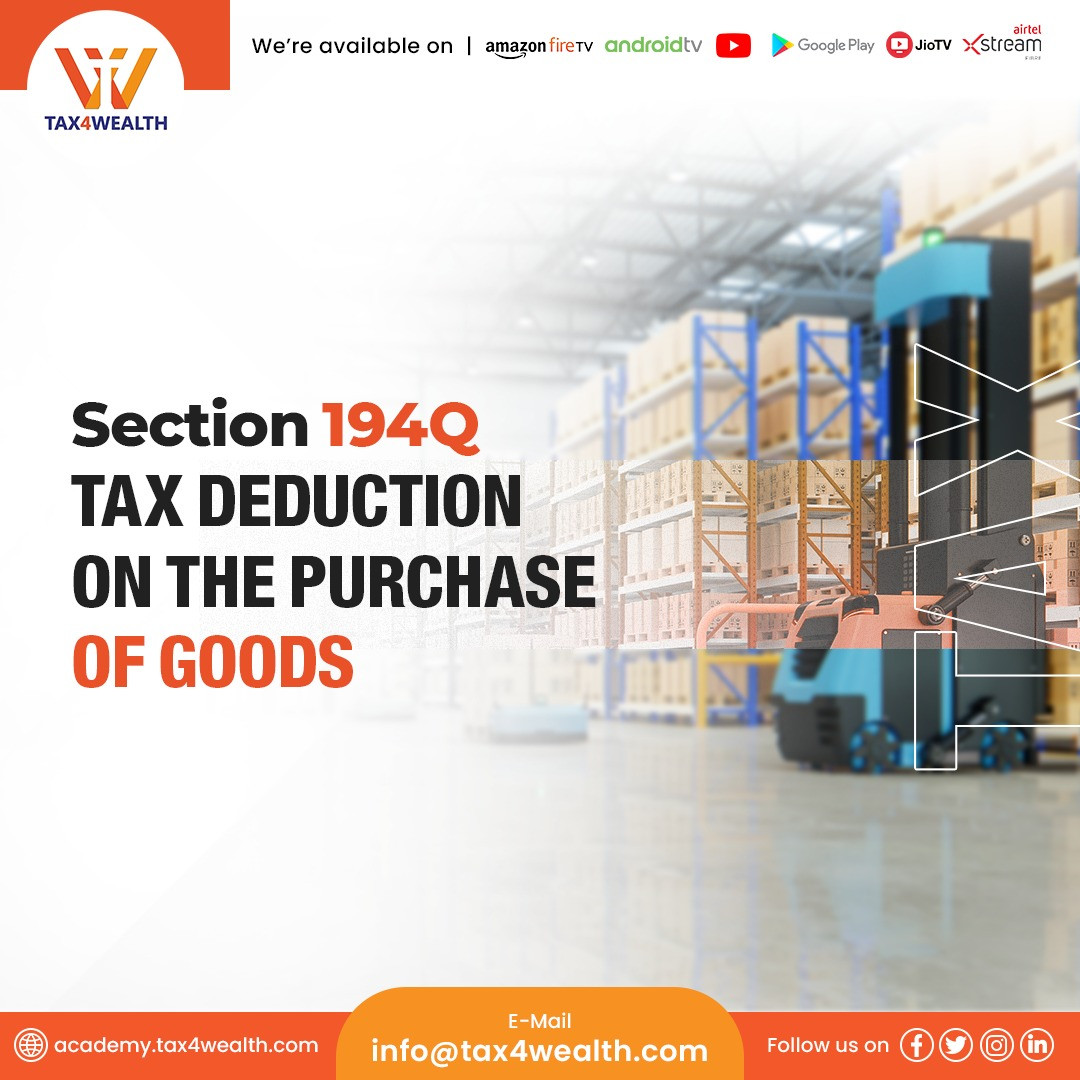
Higher Rate of TDS/TCS for Non-Filers of Income-Tax Returns
To promote tax compliance and ensure a more efficient tax system, the government has introduced measures to encourage individuals and entities to file their income tax returns on time. One such measure is the higher rate of Tax TDS and TCS for non-filers of income tax returns. This blog aims to explain the concept of TDS/TCS, highlight the consequences of non-filing, and discuss the implications of higher rates imposed on non-filers.
Understanding TDS and TCS:
Tax Deducted at Source (TDS) and Tax Collected at Source (TCS) are mechanisms implemented by the government to collect taxes at the source of income generation. TDS applies to various types of payments such as salary, interest, rent, professional fees, etc., while TCS is levied on specified goods or services like the sale of liquor, scrap, minerals, etc. Under these mechanisms, the person making the payment (deductor/collector) is responsible for deducting or collecting tax from the payment and remitting it to the government.
Consequences of Non-Filing of Income Tax Returns:
Filing income tax returns is not only a legal obligation but also essential for various financial activities such as availing loans, claiming tax refunds, carrying forward losses, etc. Non-filing of income tax returns can lead to several consequences, including:
- Penalty and Interest: Individuals who fail to file their income tax returns within the due dates may be liable to pay penalties and interest on the outstanding tax amount.
- Loss of Refunds: Non-filers may miss out on potential tax refunds that they might be eligible for based on deductions, exemptions, or excess tax payments.
- Scrutiny by Tax Authorities: Non-filers are more likely to attract the attention of tax authorities, who may initiate scrutiny or investigation proceedings, resulting in increased scrutiny and potential penalties.
Also, read; TDS and TCS Return Due Dates for The FY 2022–2023
Higher Rates of TDS/TCS for Non-Filers:
To encourage the timely filing of income tax returns, the government has introduced higher rates of TDS and TCS for individuals and entities who have not filed their returns for a specified period. The higher rates act as a deterrent to non-compliance and aim to ensure that individuals fulfill their tax obligations promptly.
Implications of Higher Rates:
The higher rates of TDS/TCS for non-filers can have significant implications, including:
- Reduced Cash Flow: Non-filers may experience reduced cash flow as a higher amount of tax is deducted or collected at the source, affecting their working capital and financial planning.
- Increased Compliance: The higher rates serve as a motivator for non-filers to file their income tax returns to avoid the burden of enhanced TDS/TCS rates and associated cash flow issues.
- Enhanced Revenue Collection: The implementation of higher rates encourages compliance, leading to increased tax revenue for the government, which can be utilized for developmental activities.
Conclusion
Filing income tax returns within the prescribed timelines is crucial to ensure compliance with tax laws and avoid the consequences of non-filing. The introduction of higher rates of TDS/TCS for non-filers acts as a deterrent, urging individuals and entities to fulfill their tax obligations promptly. By promoting tax compliance, the government aims to strengthen the tax system, increase revenue collection, and create a fair and transparent environment for taxpayers.
For more information, Visit us at: https://academy.tax4wealth.com/blog
No comments yet, Be the first to comment.













